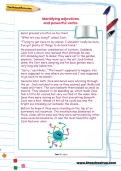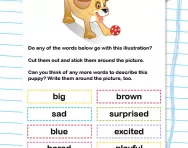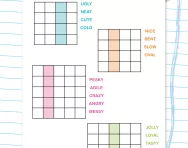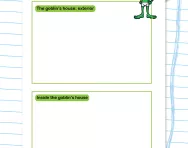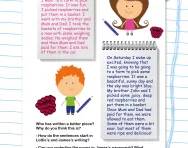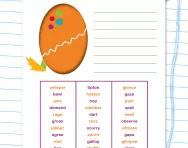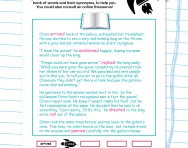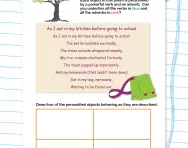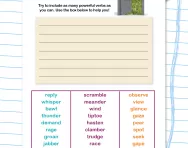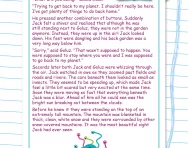Important update from TheSchoolRun
For the past 13 years, TheSchoolRun has been run by a small team of mums working from home, dedicated to providing quality educational resources to primary school parents. Unfortunately, rising supplier costs and falling revenue have made it impossible for us to continue operating, and we’ve had to make the difficult decision to close. The good news: We’ve arranged for another educational provider to take over many of our resources. These will be hosted on a new portal, where the content will be updated and expanded to support your child’s learning.
What this means for subscribers:
- Your subscription is still active, and for now, you can keep using the website as normal — just log in with your usual details to access all our articles and resources*.
- In a few months, all resources will move to the new portal. You’ll continue to have access there until your subscription ends. We’ll send you full details nearer the time.
- As a thank you for your support, we’ll also be sending you 16 primary school eBooks (worth £108.84) to download and keep.
A few changes to be aware of:
- The Learning Journey weekly email has ended, but your child’s plan will still be updated on your dashboard each Monday. Just log in to see the recommended worksheets.
- The 11+ weekly emails have now ended. We sent you all the remaining emails in the series at the end of March — please check your inbox (and spam folder) if you haven’t seen them. You can also follow the full programme here: 11+ Learning Journey.
If you have any questions, please contact us at [email protected]. Thank you for being part of our journey it’s been a privilege to support your family’s learning.
*If you need to reset your password, it will still work as usual. Please check your spam folder if the reset email doesn’t appear in your inbox.
Identifying adjectives and powerful verbs
Read this adventure story. Can you identify the adjectives and powerful verbs that the author has used to make this piece of writing interesting to the reader?
What is an adjective in Year 3?
An adjective is a word that describes a noun (a person, place, thing or idea).
For example, in the phrase red apple, the word red is an adjective because it tells us more about the apple.
Adjectives can describe how something looks, feels, tastes, sounds or smells, and they can also tell us about the quantity or size of something.
In Year 3, children start learning to use adjectives to make their sentences more interesting and detailed. For example, instead of just writing dog, they might write fluffy dog or big dog.
What is a powerful verb in Year 3?
A powerful verb is a word that describes an action in a very vivid or strong way.
Instead of just telling what happened, a powerful verb shows the action more clearly and makes it more interesting.
For example, instead of saying run, a child might use sprint or dash. These verbs give a better picture of how the action is happening.
In Year 3, children learn to use powerful verbs to make their writing more exciting and detailed. For example, instead of writing: The cat went up the tree, they might write: The cat scrambled up the tree. The verb scrambled helps the reader imagine exactly how the cat moved.
For more help with Year 3 English, check out our hub page, or try a new challenge such as our Using time connectives worksheet.
